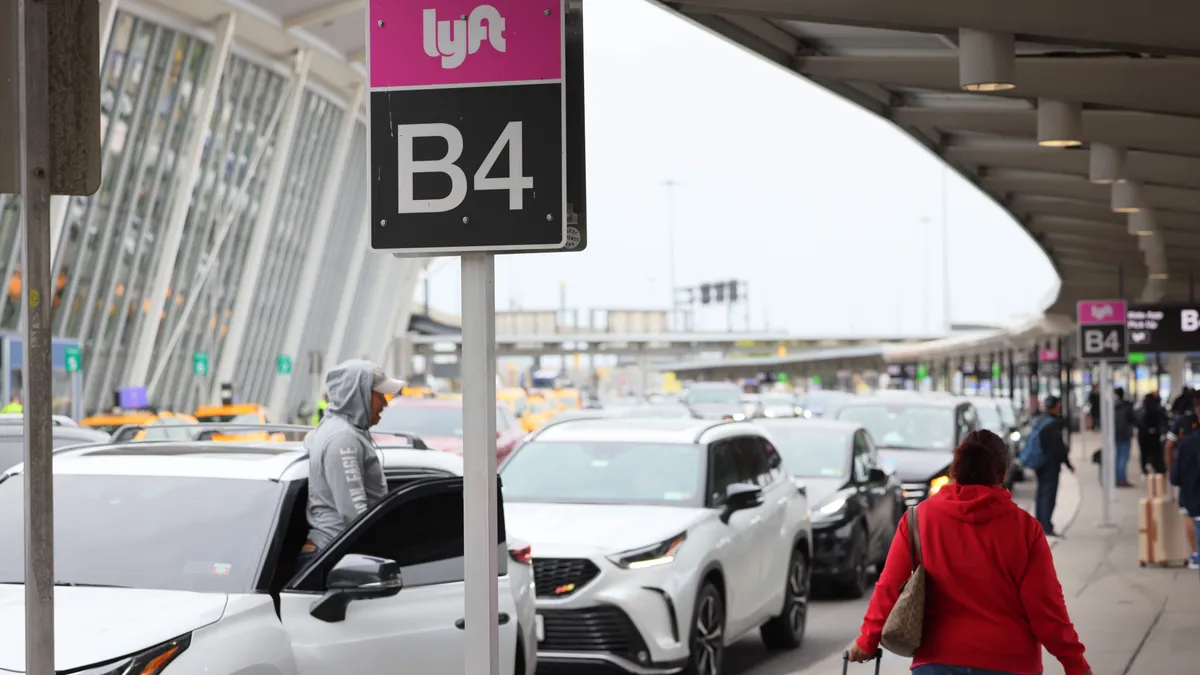Dive Brief:
- Lyft drivers will now earn 70% or more of their riders’ fares after external fees each week, the ride-share company announced Tuesday as part of a broader benefits update. “It’s a rock-solid floor,” the announcement read. “As a driver, if you’re ever under 70% at the end of the week, you’ll be paid the difference.”
- Lyft also unveiled more autonomy for selecting riders, the opportunity to earn more for scheduled rides and the chance to take advantage of electric vehicle incentives.
- The company also said it streamlined its driver deactivation process. “We are obsessed with improving the driver experience,” Lyft’s EVP of customers, Audrey Liu, said in a statement. “Drivers having control is core to the Lyft experience.”
Dive Insight:
Lyft publicizing updates to its benefits offerings is in line with what many of its business peers have done as of late — see: Amazon, Chipotle, Chobani, Tysons, Walmart — but also in line with what many labor experts have recommended.
WTW last month suggested that for multinational companies, a global benefits standard is a good branding move.
In announcing its February benefits updates, Lyft said the new offerings were the direct result of driver requests — building on previous driver-requested improvements, such as a 2022 update giving drivers transparency into earnings before accepting a ride.
For years, ride-share companies have been a workers’ rights and “employee” experience battleground, with stakeholders mainly clashing over whether gig workers are employees at all.
The U.S. Department of Labor has long been in talks to revise its interpretation of the Fair Labor Standards Act’s classification provision; a pending final rule could make it harder for Uber or Lyft to keep drivers classified as independent contractors, stakeholders have said. Both companies, however, said they don’t expect the rule to require reclassification.
The rule is slated to take effect March 11, with employers currently tussling in court with the government over the classification issue.
Correction: An earlier version of this article included an incorrect date for Lyft’s announcement. It was made Tuesday, Feb. 6.












